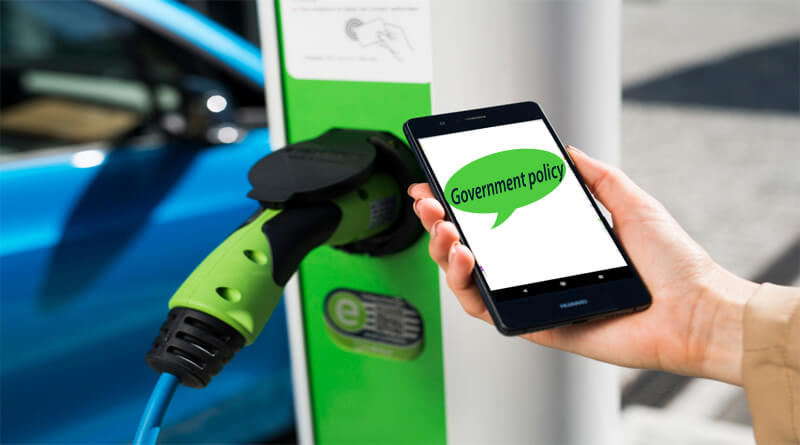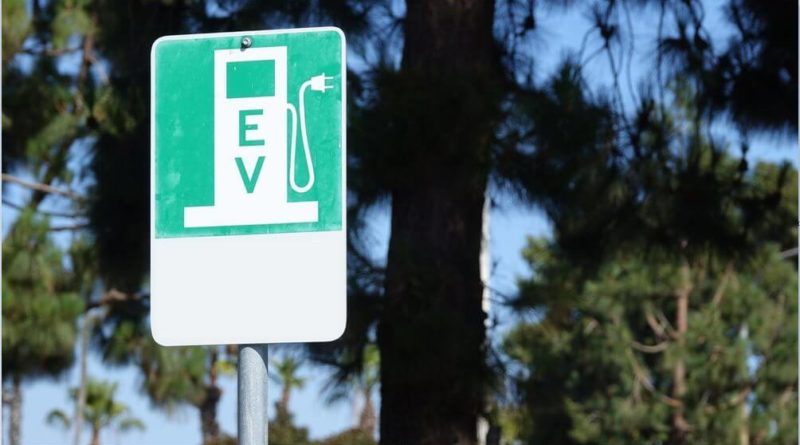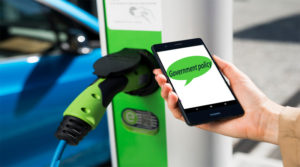Kerala Finalises EV Policy for Three Cities

In line with the National Electric Mobility Mission Plan 2020, the state government of Kerala has recognized the need for the transition to EVs and formulated the Kerala Electric Vehicle Policy, applicable at first across three cities in the state. The government signed a Memorandum of Understanding (MoU) with the World Resources Institute (WRI), India, on this week to implement an electric vehicle (EV) policy, and value capture financing policy framework for Thiruvananthapuram, Kochi, and Kozhikode.
The MoU was signed during the stakeholder consultation workshop on EV policy and way forward for the Kerala Metropolitan Transport Authority (KMTA), inaugurated by Chief Minister Pinarayi Vijayan. “Environmental conservation is on the top of our agenda in the state, as we are recovering from the devastating flood. In this context, the idea of electric mobility is of great significance. The suggestions received through such workshops will be incorporated and the final EV policy will be issued soon,” said Pinarayi, adding that the Kerala State Road Transport Corporation (KSRTC) has the alluring tag of being the first transport corp in south India to run environmentally-friendly electric buses.
The workshop was organised with the aim to encourage a discussion around the strategies to be adopted by the state for EV and for operationalising the KMTA Bill, amongst the stakeholders, developers, and the government officials. “As per the recent Central government notification, permission is not required for e-buses, hence it will increase the vehicle population on roads. We must consider the capacity of roads and traffic congestion while making such a decision. There is the need to rethink such permit policies,” said Transport Minister A K Saseendran.
Through the state policy, the government is looking to establish a robust infrastructure for Electric Vehicles that will include an adequate power supply, a stable and efficient charging network, and a favourable tariff. “The Unified Metropolitan Transport Authority (UMTA) Bill, tabled in the assembly, is expected to bring a revolutionary shift in creating a single platform for integrating various modes of transport,” said K R Jyothilal, Transport Secretary.
The state government had earlier set 2022 as the target year for securing a million electric vehicles on its roads. And has further added an interim progress based target of a Pilot fleet of 2,00,000 two-wheelers, 50,000 three-wheelers, 1,000 goods carriers, 3,000 buses, and 100 ferry boats by 2020.
Besides this, the policy which recently got a nod from the state finance department has a provision for installation of 150 swapping stations in the state to exchange the batteries, and a liability on car manufacturers to provide the company in charge of setting up the swapping network with batteries that are compatible with the cars. However, the idea has been met with a lot of negative feedback from industry experts. Worried about the marginal success rates if any for the model across the globe. The government has also proposed a tax holiday of three years for the EV project, and the subsidies could be provided to EV/Battery Manufacturers.
Read More: The 7 States Leading India’s EV revolution






